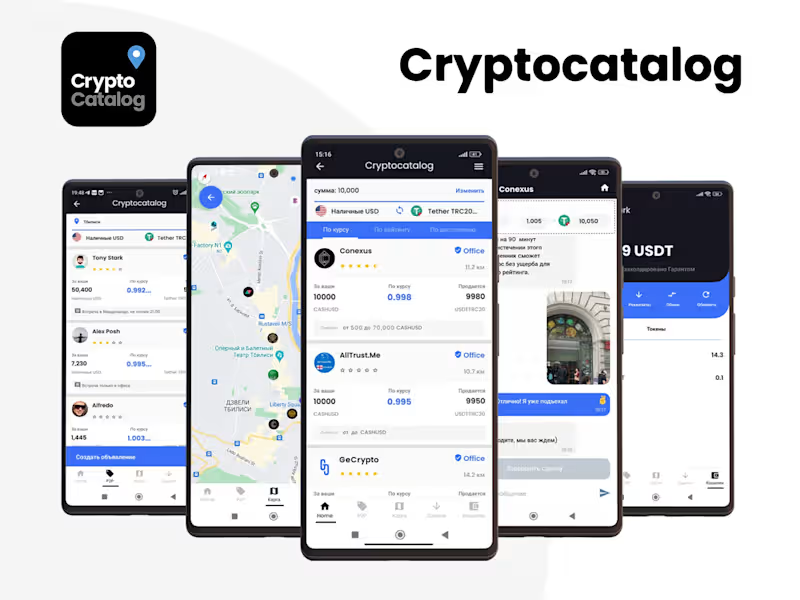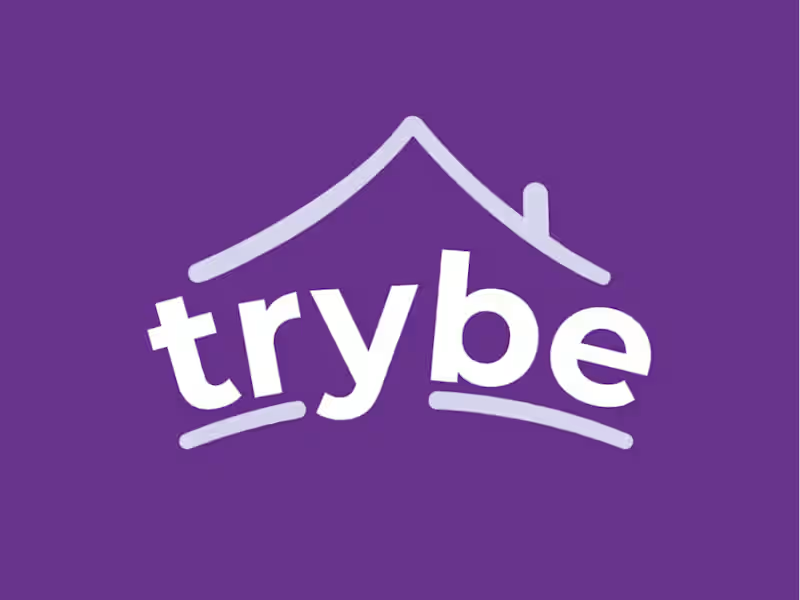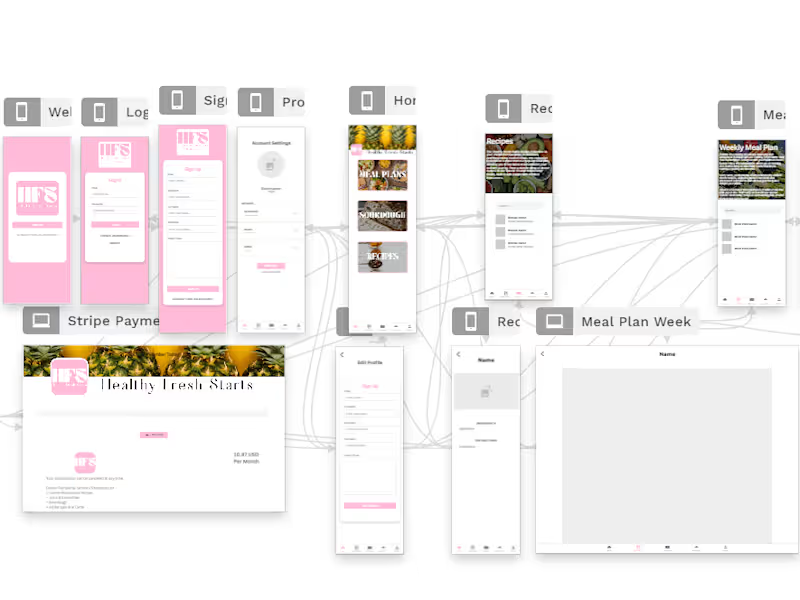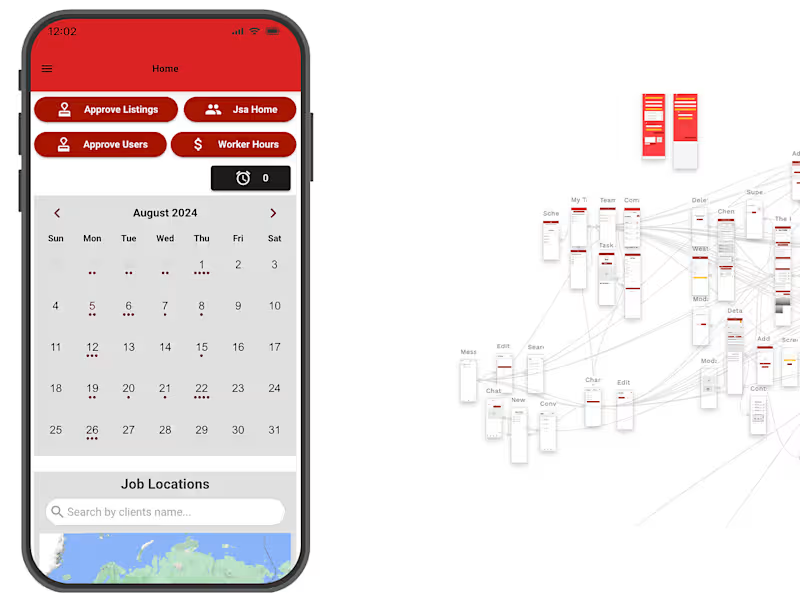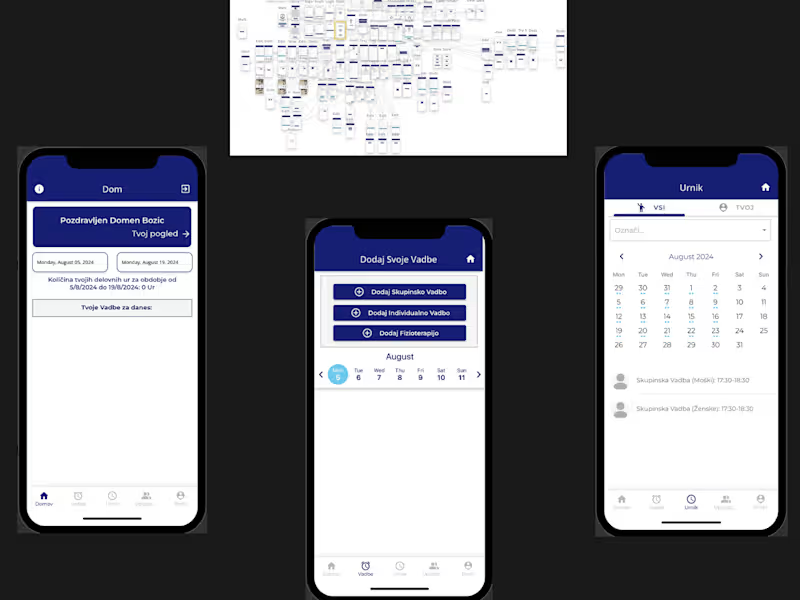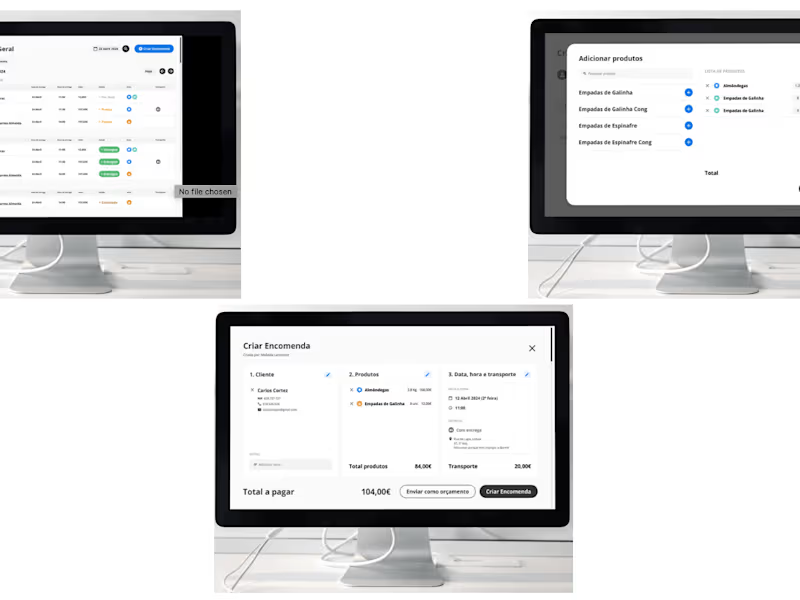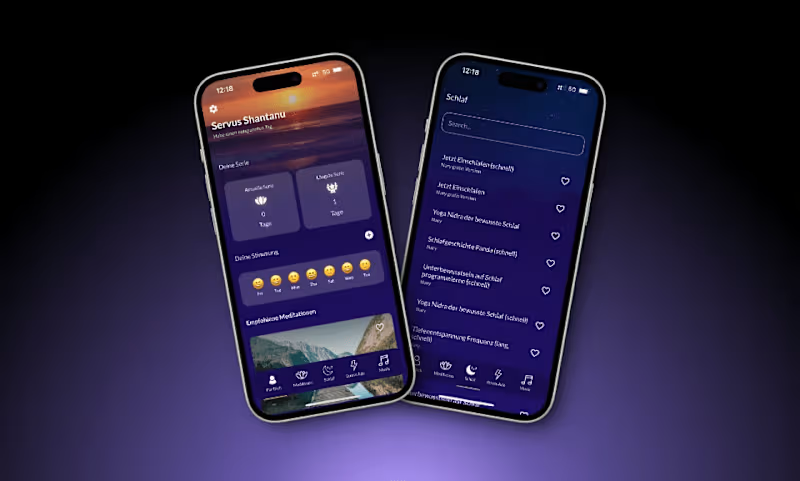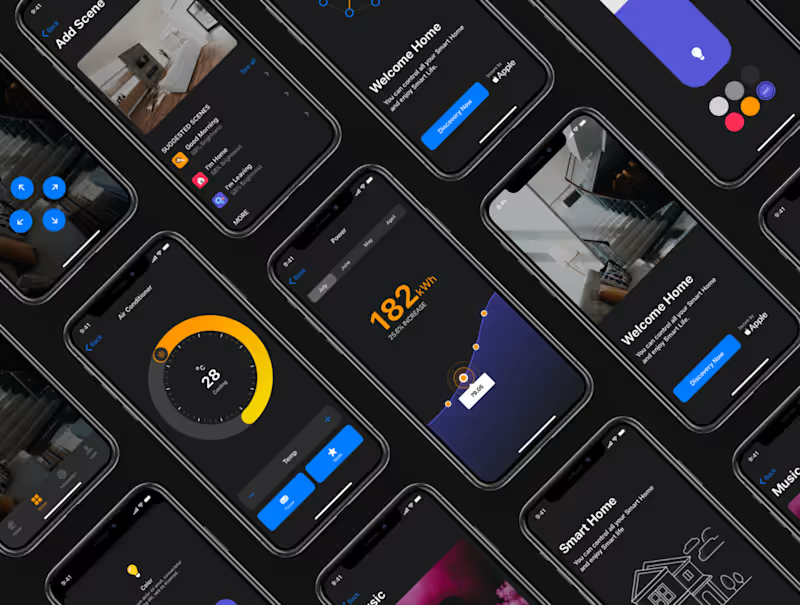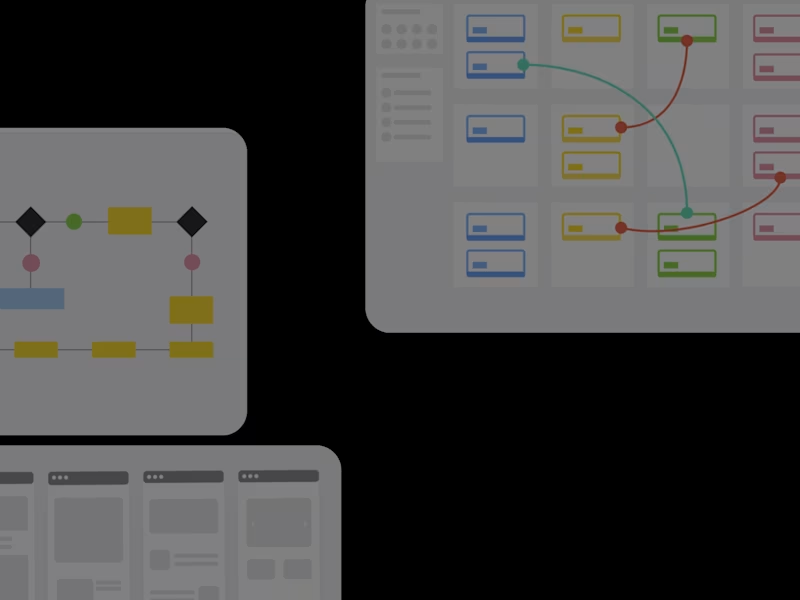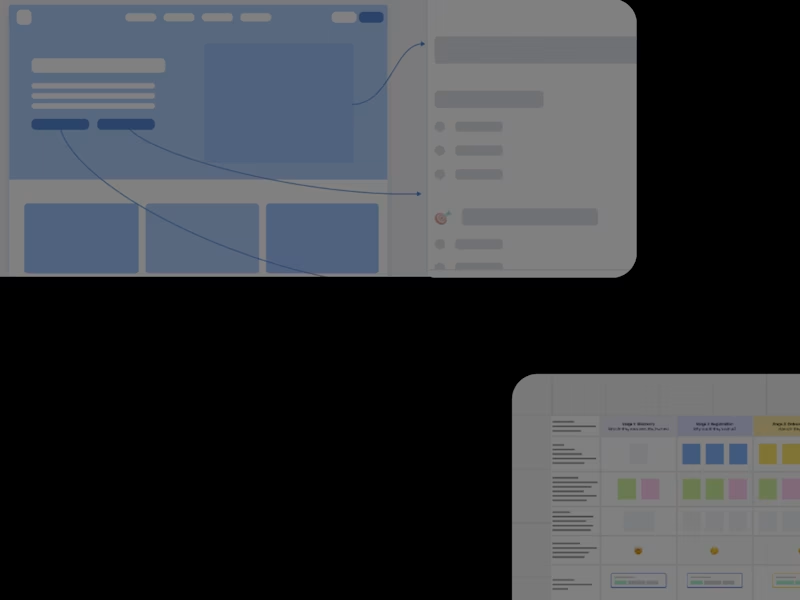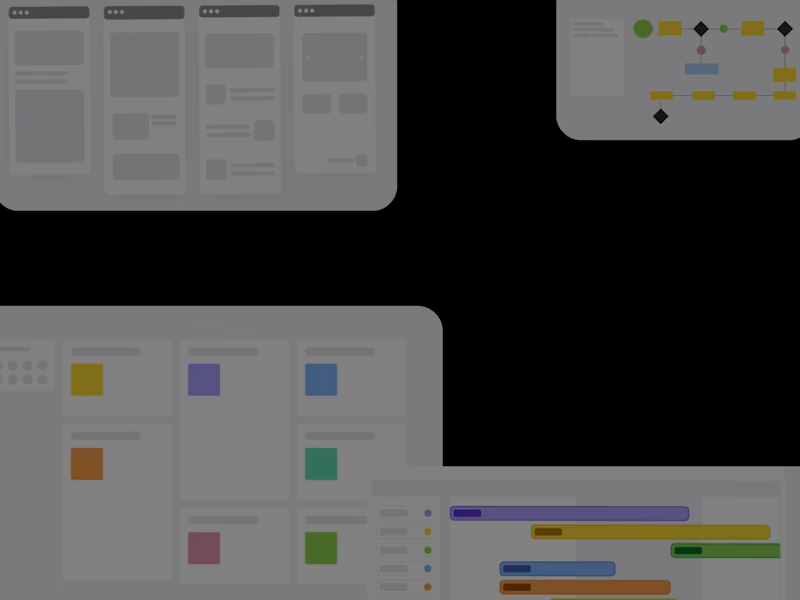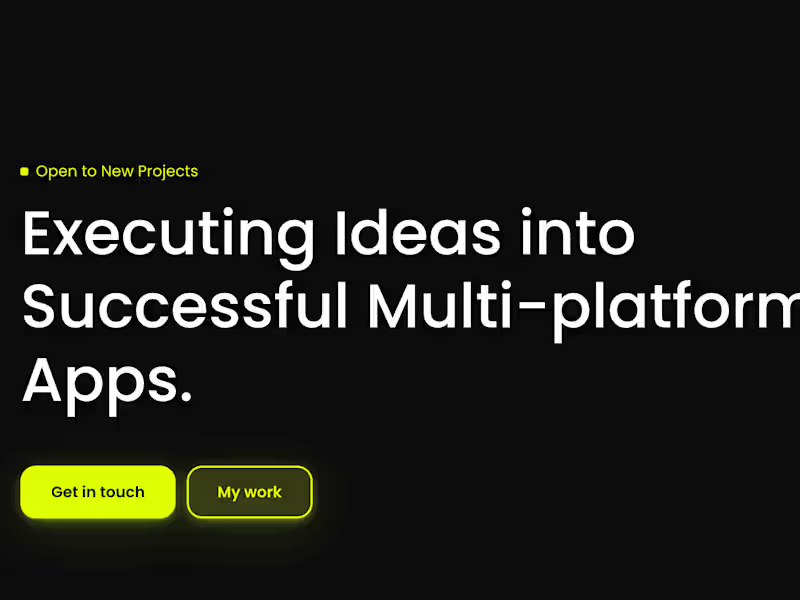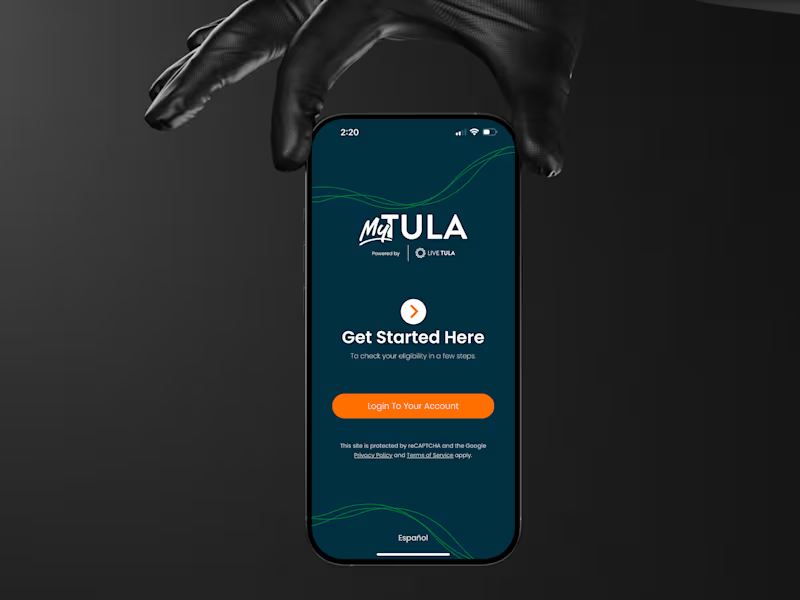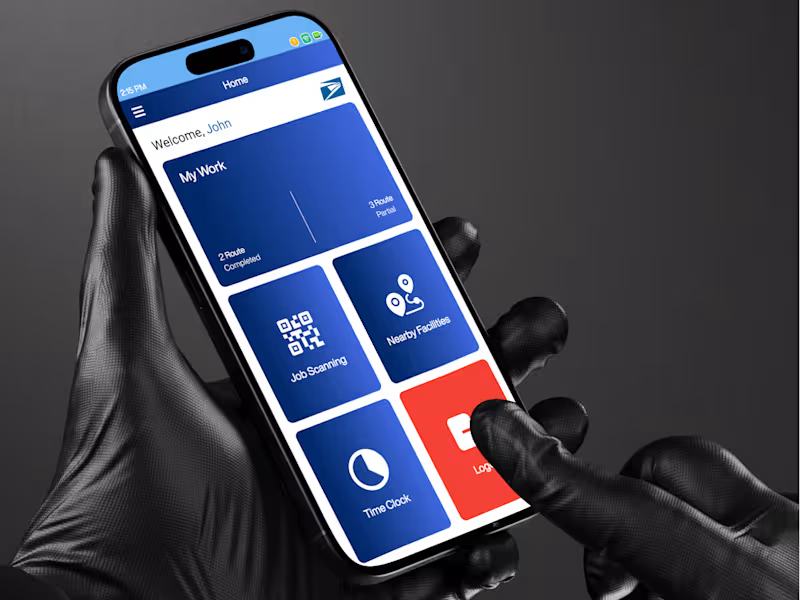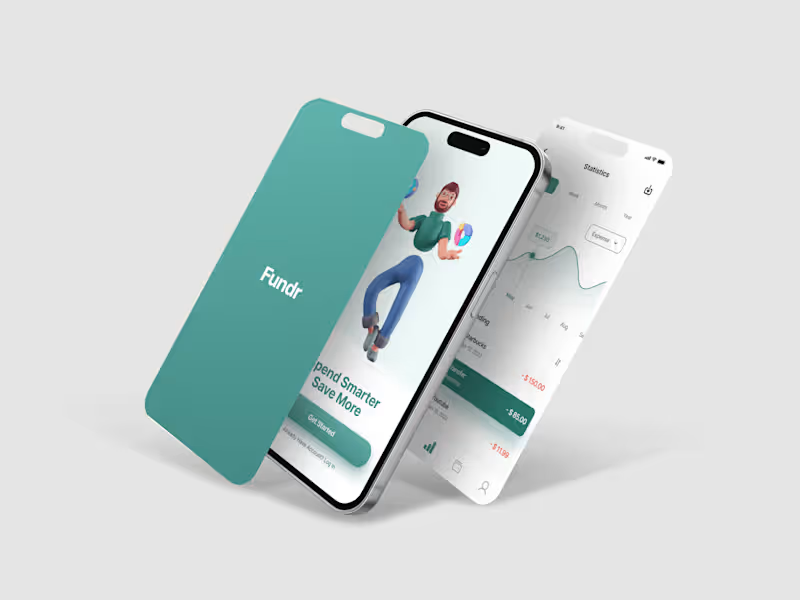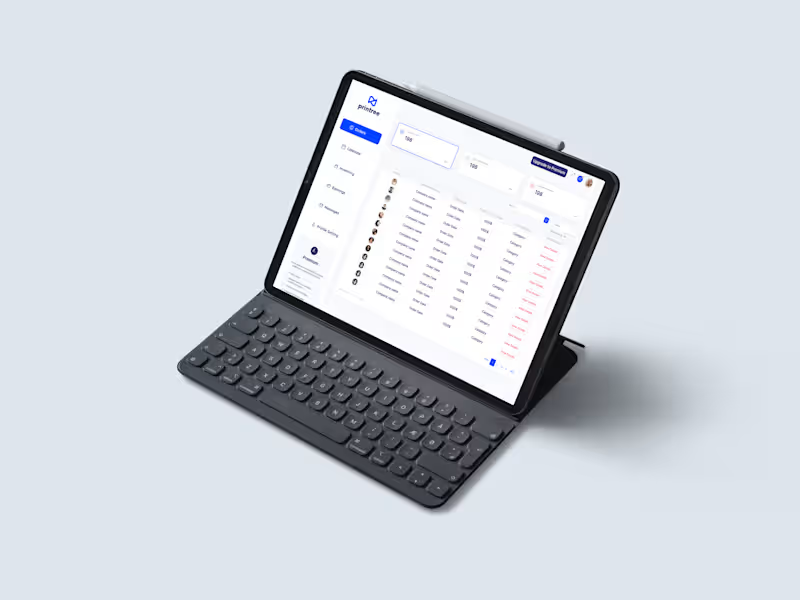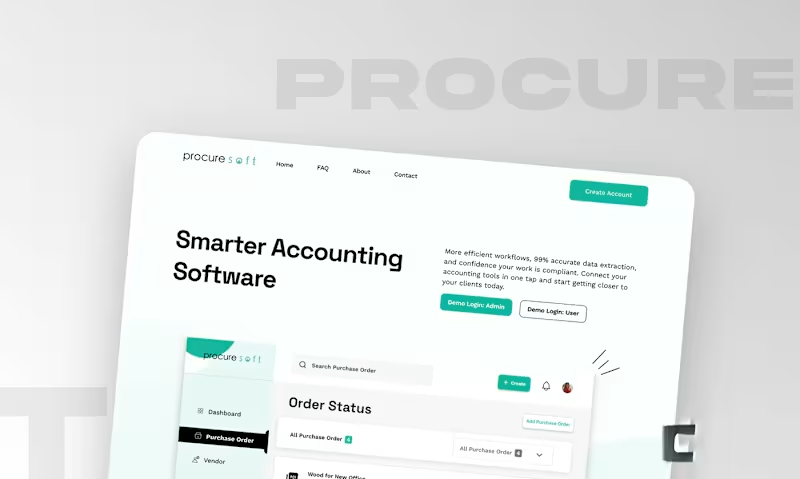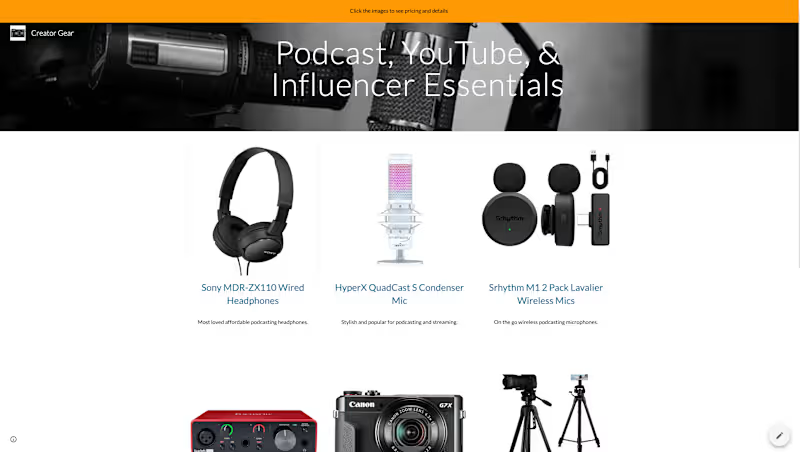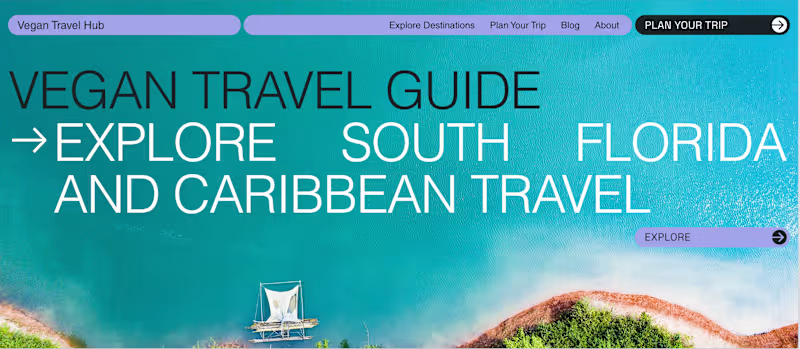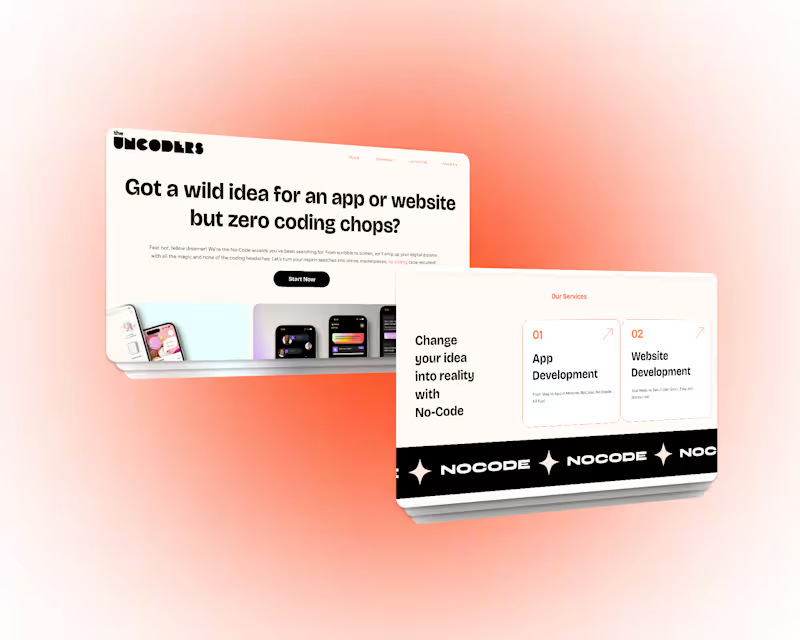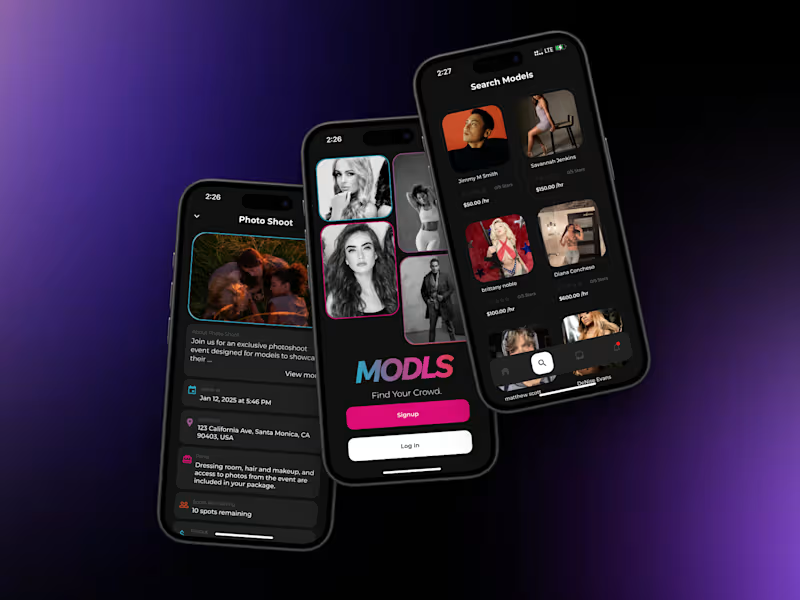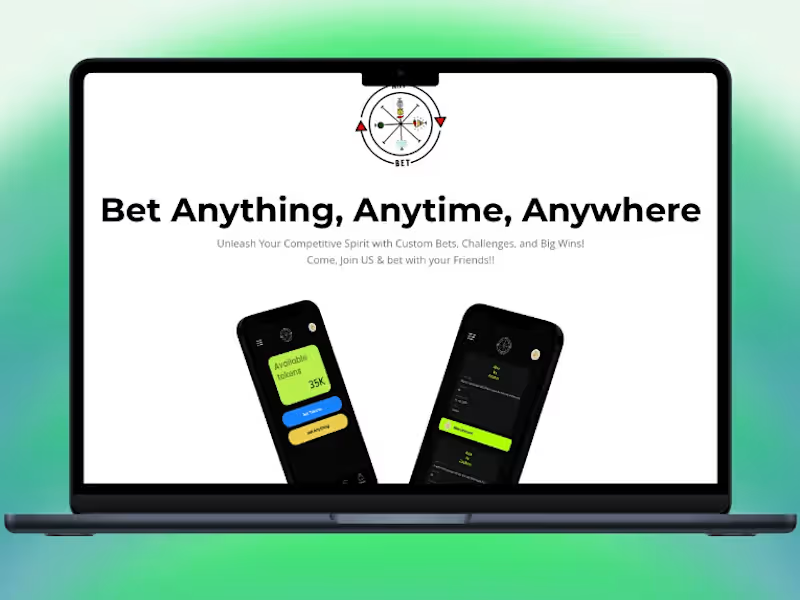Additional resources
What is Adalo App Development
Understanding the No-Code Platform
Core Features and Capabilities
Types of Apps Built with Adalo
Benefits of Hiring Adalo Freelancers
Technical Expertise and Platform Knowledge
Time Efficiency and Rapid Development
Cost-Effective App Development Solutions
Flexibility and Scalability
Key Skills to Look for in Adalo Developers
Database Architecture and Management
API Integration Capabilities
Custom Actions and Advanced Features
UI/UX Design Proficiency
Third-Party Tool Integration
Where to Find Adalo Freelancers
Adalo Expert Program
Contra Platform
No-Code Communities and Forums
Professional Networks and Referrals
How to Evaluate Adalo Experts
Portfolio Assessment Criteria
Technical Skill Verification
Communication and Collaboration Skills
Client Reviews and Testimonials
Industry-Specific Experience
Cost Structure for Adalo Projects
Hourly Rate Pricing Models
Fixed-Price Project Rates
Retainer Agreements
Factors Affecting Project Costs
Project Scope and Requirements
Defining App Objectives
Creating Detailed Specifications
Setting Realistic Timelines
Establishing Milestones and Deliverables
How to Manage Adalo Freelance Projects
Setting Up Team Collaboration
Communication Best Practices
Progress Tracking Methods
Quality Assurance Processes
Common Challenges When Working with Adalo Developers
Platform Limitations and Workarounds
Scope Creep Prevention
Technical Compatibility Issues
Post-Launch Maintenance Needs
Contract Adalo Programmers: Legal Considerations
Essential Contract Elements
Intellectual Property Rights
Payment Terms and Escrow
Non-Disclosure Agreements
Best Practices for Hiring Adalo Freelancers
Phase Your Development Process
Leverage Templates and Existing Components
Maintain Clear Documentation
Build Long-Term Partnerships
Future Trends in Adalo Development
AI Integration Opportunities
Cross-Platform Development Evolution
Specialized Industry Solutions
Growing Demand for No-Code Experts




























